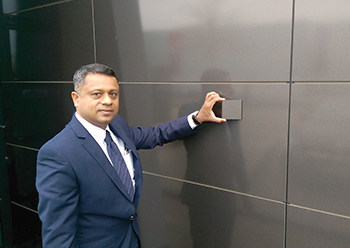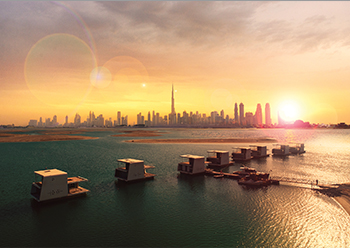
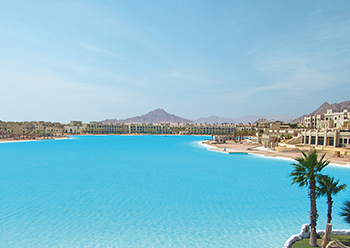 The Citystars Sharm El Sheikh complex ... built around a 30-acre lagoon.
The Citystars Sharm El Sheikh complex ... built around a 30-acre lagoon.
Hotels that boast a beach access command higher room rental values and witness up to a 200 per cent increase in food and beverage consumption compared to those inland, says the US-based Crystal Lagoons, citing reports from the hospitality industry.
The multinational water innovation firm is now looking at cashing in on its crystalline lagoons that create beaches by offering them to real estate projects that host hotels, luxury residences and Mice (meetings, incentives, conferences and events) venues.
Crystal Lagoons is in advanced negotiations in various countries across the Middle East and North Africa (Mena) region to develop 42 of its crystalline lagoons, known as Public Access Lagoons (PALs), at real estate projects. These include 33 complexes in Saudi Arabia, UAE, Bahrain, Kuwait, Egypt, Morocco and Turkey.
The firm says it has already developed 23 real estate projects anchored by large-scale crystalline lagoons surrounded by white sand beaches in the region including in Egypt, Saudi Arabia, UAE, Morocco, Turkey, Bahrain, Oman, Kuwait, Qatar and Jordan.
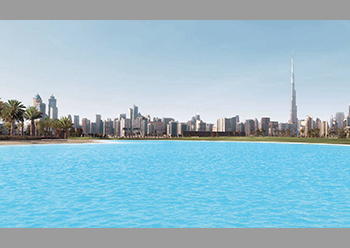 |
|
Mohammed Bin Rashid Al Maktoum City – District One ... anchored by a monumental 100-acre lagoon. |
Some of its most renowned private real estate projects in the Mena region are Mohammed Bin Rashid Al Maktoum City – District One in Dubai, a project that commands the most expensive square metre rate in the UAE, which is anchored by a monumental 100-acre lagoon powered by Crystal Lagoons technology.
This project will break the firm’s current world record for the largest crystalline lagoon. In Egypt, the 125,000-sq-m Citystars Sharm El Sheikh complex also stands out, built around a 30-acre lagoon, a true oasis in the middle of the Sinai desert. It currently holds the world record as the largest on the planet, Alastair Sinclair, Regional Director at Crystal Lagoons, tells Gulf Construction.
Crystal Lagoons is now focusing on PAL, a new revolutionary concept in creating beaches. Accessed via ticketed-entry, PALs are monumental crystalline lagoons suitable for bathing and water sports, surrounded by white sand beaches, creating beach life steps away from homes and attractions in the city.
These lagoons are described as being ideal for hosting events, trade shows, food halls, weddings, concerts, day clubs and streaming events in an idyllic environment and multiple set-ups, making them the meeting point of the 21st century, says Sinclair.
Crystal Lagoons has an office in Dubai overseeing the Mena market, and is developing these projects that involve low investment and low maintenance costs, offering short-term returns and increasing foot-traffic, through a master licensing agreement, which involves a significant number of PALs for specific geographical territories.
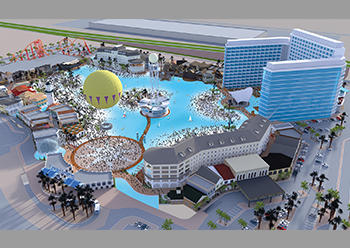 |
|
Crystal Lagoons’ one-of-a-kind attraction which is to come up in Glendale, US. |
“Public Access Lagoons captivate investors due to their commercial versatility, as they can be developed with different investment formats. The firm offers different models with more or less infrastructure; and even those with minimal initial infrastructure have been tremendously successful,” Sinclair points out.
The most limited format includes a crystalline lagoon, white sand beaches and green areas with kiosks for basic services. Additionally, the intermediate infrastructure format includes a wedding peninsula and can host events, concerts, trade shows, etc indoors, year-round, overlooking the turquoise lagoon, as well as offering additional areas for businesses to open up. The most complete investment model incorporates all of the above as well as infrastructure for retail, restaurants and hotels.
“Investors worldwide have identified these developments as a new long-term investment alternative, with rates of return unheard of in other industries, as well as low investment and limited risk. With regards to capital, as these projects are built rapidly they quickly generate profits, allowing for pyramidal financing. With a low initial investment, a company can achieve a high present value in a short span of time.
“Investors have corroborated that, on lower-value land, a hotel combining a beach and PAL elements can benefit from very attractive returns,” he adds.
Covid impact
Contrary to what one might think, Covid-19 has not affected the dynamism of the PAL business model, Sinclair says. Quite the opposite, these projects have emerged as a safe long-term alternative due to their robust projections despite the ongoing health and commercial pressures, something few economic sectors are able to offer, he adds.
“Areas such as PALs are necessary in cities post-confinement, as people prefer to unwind in areas close to home and in controlled areas that guarantee strict sanitary measures. Being able to have beach life, without travelling, and leisure activities close to home reduces a number of risks,” he elaborates.
Two prime examples of this are the first PAL projects in the US, known as Epperson and Lago Mar, which have seen success, both generating $50,000 daily in ticket revenues, sponsorship, food and beverages, water sport equipment, while operating at 30 per cent capacity to allow for social distancing and receiving 1,200 daily visitors. Tickets often sell out a week in advance despite the pandemic, according to Crystal Lagoons.







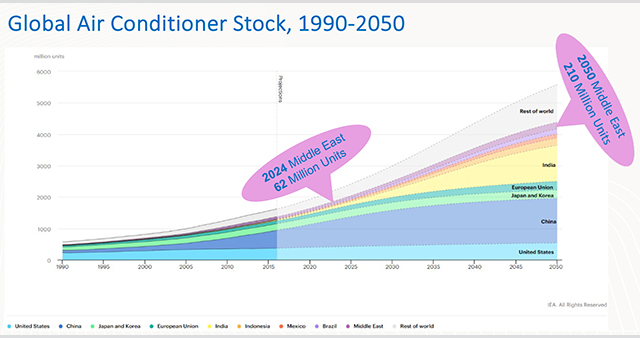






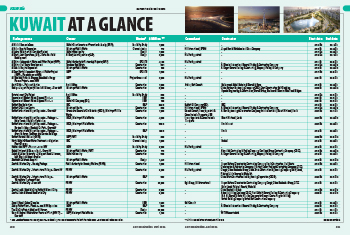






_0001.jpg)


.jpg)




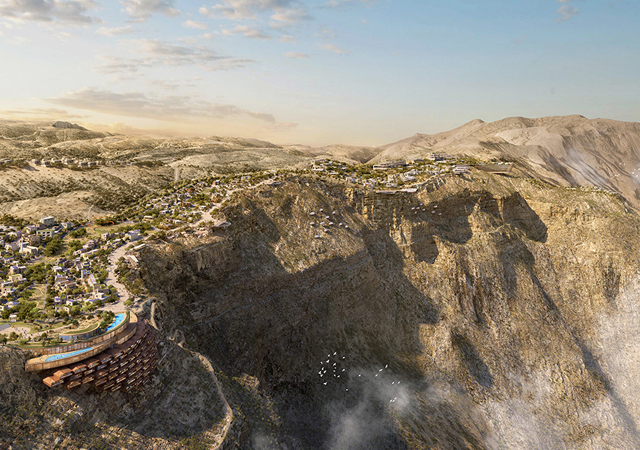











.jpg)








.jpg)



